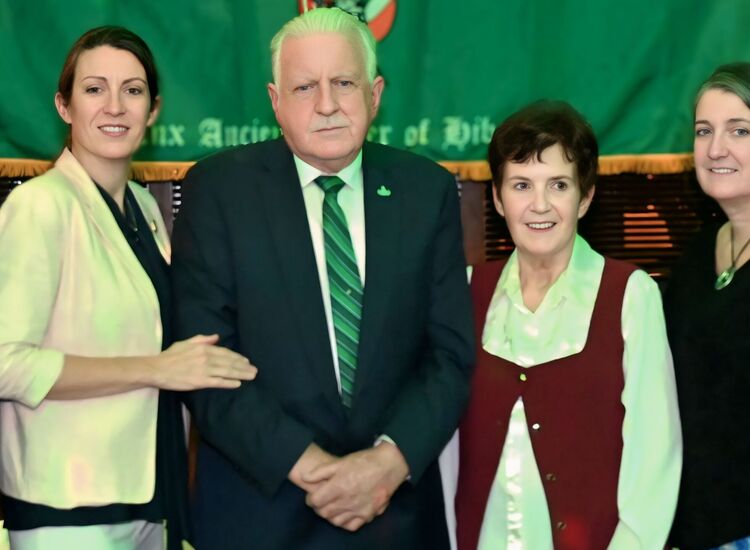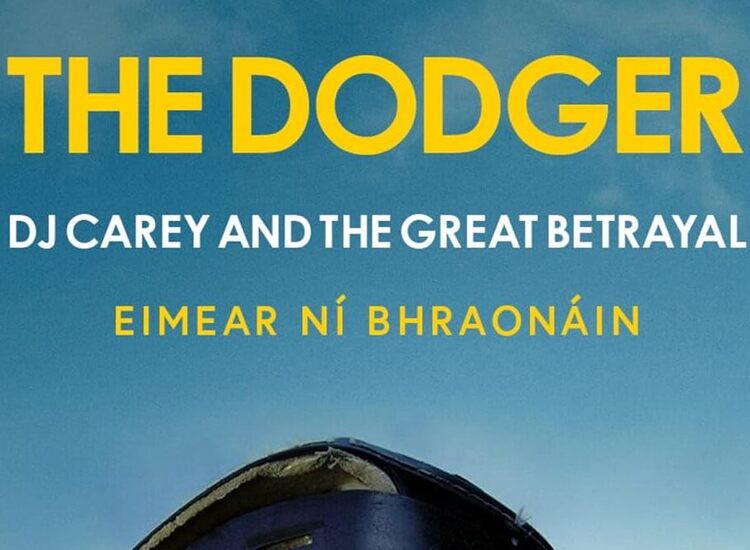Jean Kennedy Smith pictured seated in a chair with a book resting on her lap on Feb. 16, 1965. ARTHUR STETTNER/JOHN F. KENNEDY LIBRARY FOUNDATION/AFP
By Peter McDermott
“Keep the Home-Fires Burning (Till the Boys Come Home).”
That was the World War I-era song that Irish novelist Sebastian Barry sang, if memory serves. That or one just as evocative and famous. He read also from “A Long Long Way.”
It was sometime in 2006 in the independent Coliseum Books, then on 42nd Street, just off Fifth Avenue, and soon afterwards it was closed for good.
The 35 or so attendees at the reading were squeezed into a corner that looked out onto the street. Jean Kennedy Smith didn’t sing or read from a book or make remarks from the podium, but afterwards she exuded the same warmth and friendliness as the extroverted author Barry himself.
And that was more or less the pattern at similar events in the years that followed. The former Ambassador Smith didn’t speak; she was there to offer enthusiastic moral support for an Irish-born writer of literary fiction.
When Smith wrote a book herself more recently it was a memoir, “The Nine of Us,” focusing on her childhood. There has been a trend generally to look more closely at the lives of the Kennedy women — with books about Rosemary, Eunice (by long-time Boston Globe columnist Eileen McNamara), a couple about Kathleen, who died in an air crash in 1948, and one about the matriarch Rose. I know this because I got most of them for my mother, who died last September. “The Nine of Us” was a particular favorite.
Historian David Nasaw, author of “The Patriarch,” said Joseph P. Kennedy Sr. encouraged his daughters to contribute and to succeed to a degree that was unusual for a father of his time. Nasaw said he found it hard to think of other examples of women of privilege of their generation who had made such a difference.
They were witnesses to history, too — oftentimes highs and lows in their own family’s story. Moments after Robert Kennedy made a victory speech in the Ambassador Hotel in Los Angeles on June 4, 1968, Jean and Stephen E. Smith were back at the same microphone. The Senator’s brother-in-law told supporters amid the pandemonium that the best thing they could do to help was leave the ballroom.
By the time of the 50th anniversary of JFK’s assassination, Jean Smith was the “last of the Kennedys.” She participated in an excellent PBS documentary about the president and his life. Alas, she relayed a funny story people told against her brother and somehow the punchline got edited out. It was about how friends and family said they were avoiding going to the White House because they would have to sit through yet another showing of the president's home-movie presentation of his trip to Ireland. When President Kennedy said he would love to be U.S. ambassador to Ireland one day, it wasn’t just a line. He meant it. It’s one of the triumphs in the Kennedy story that his youngest sister got to make a name for herself in that very post.








